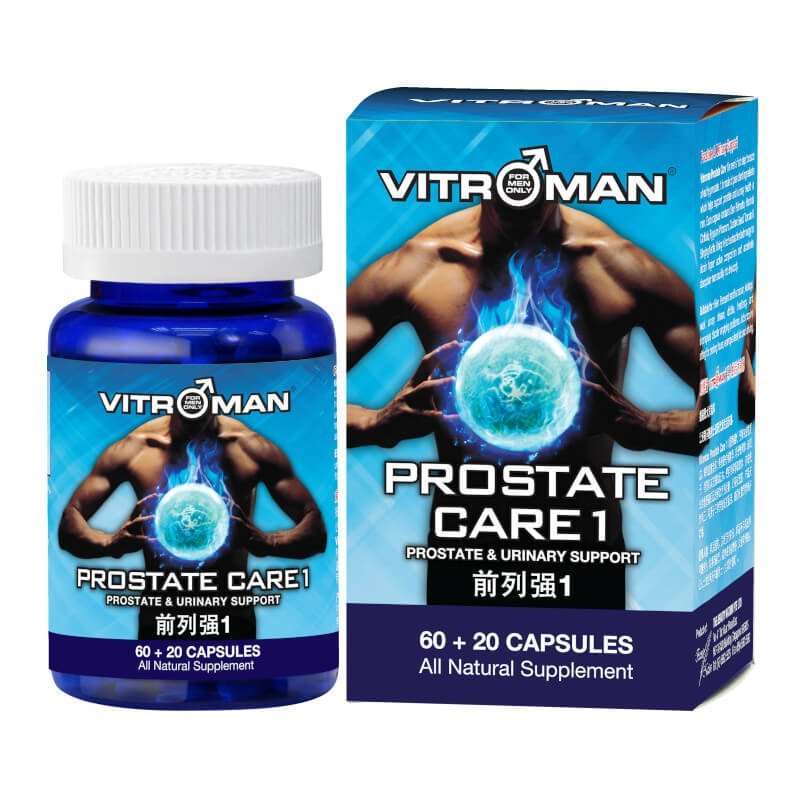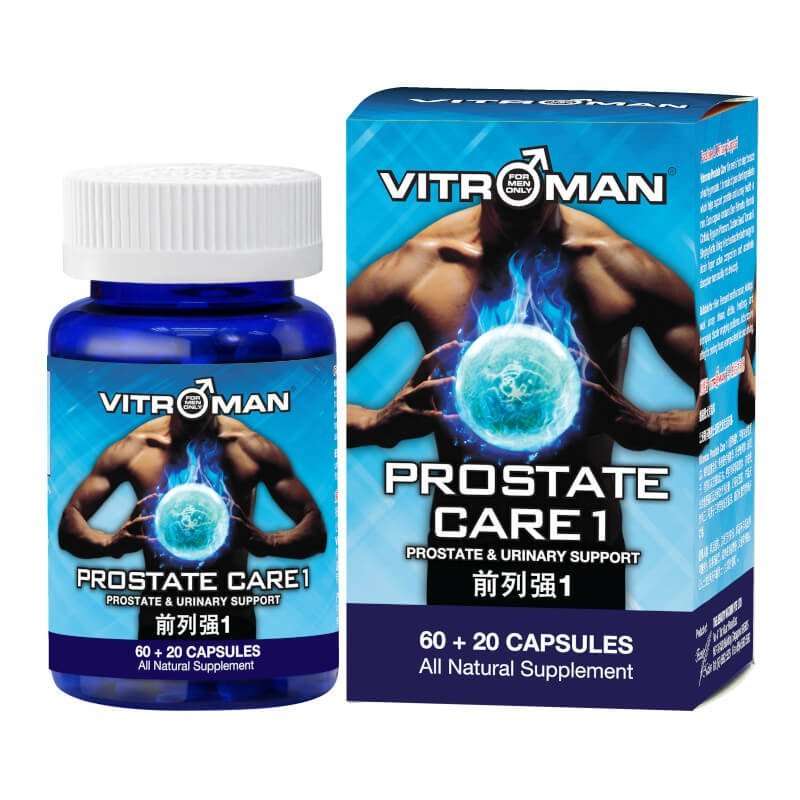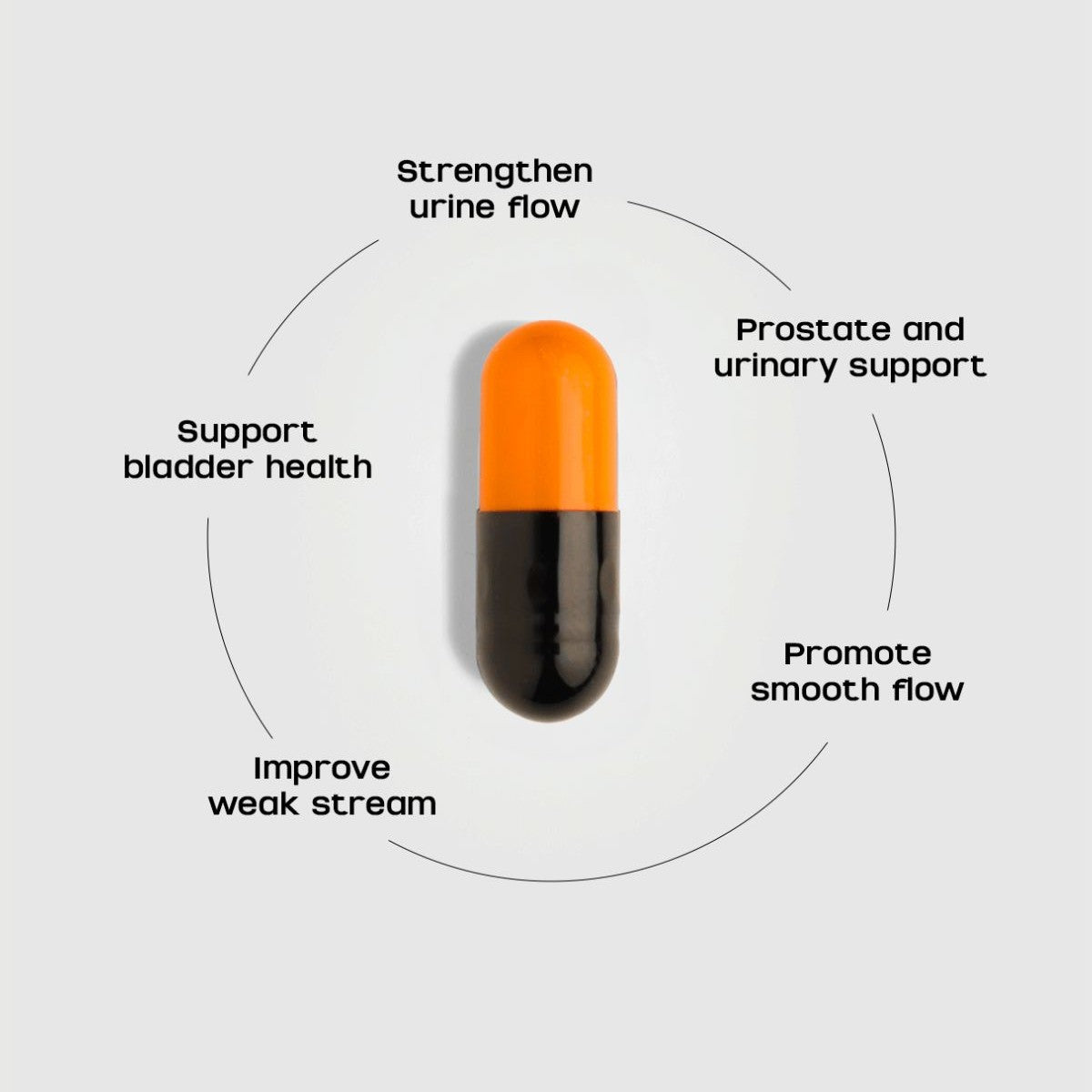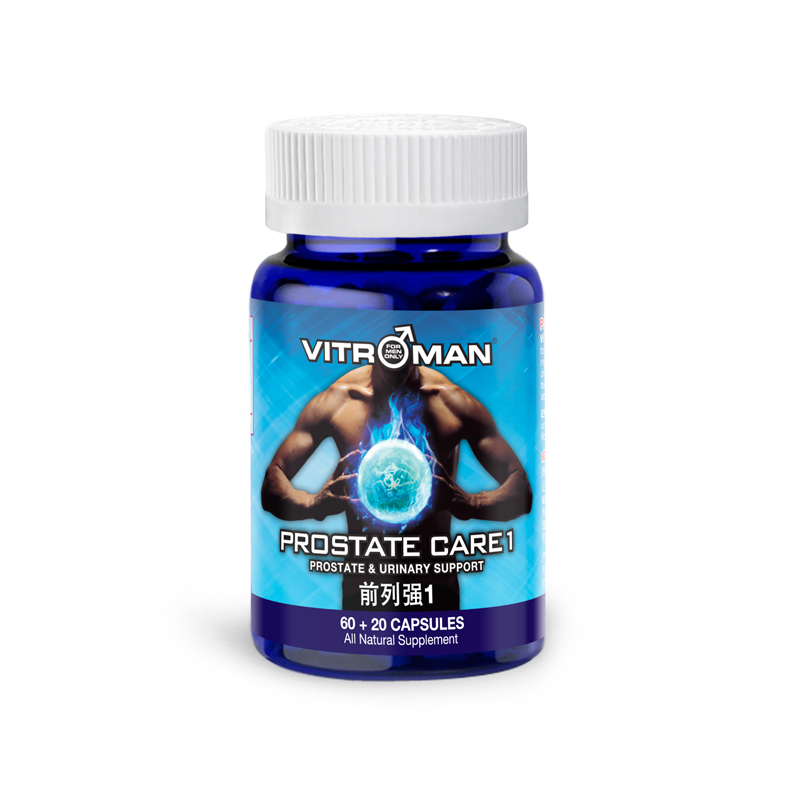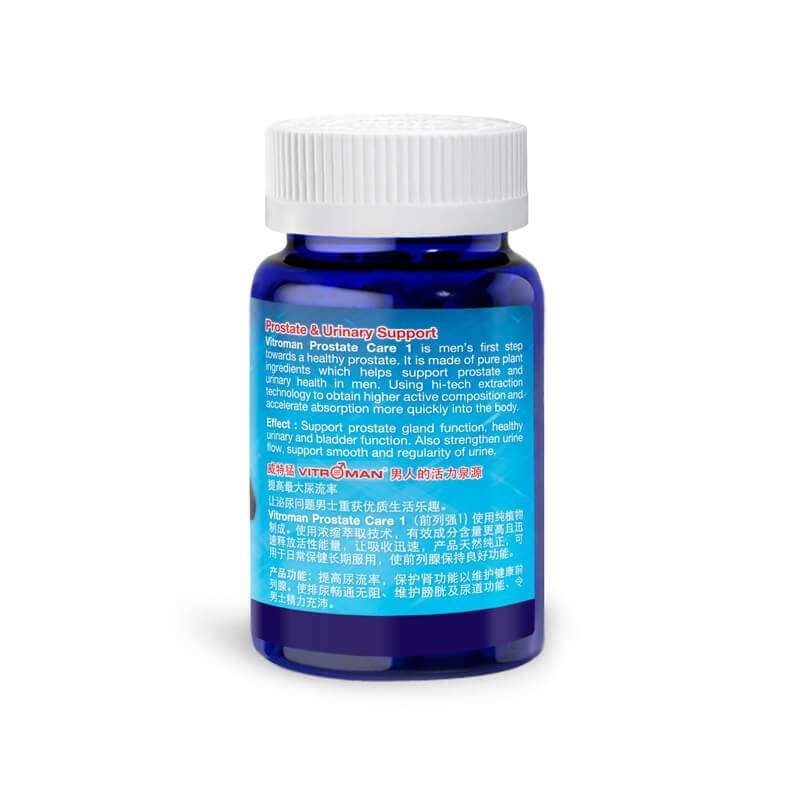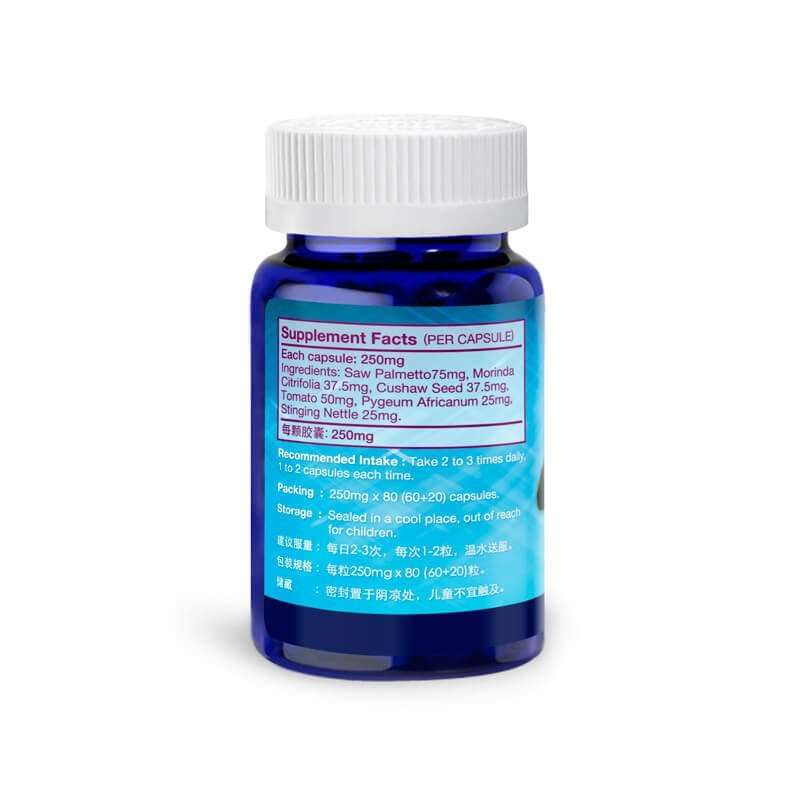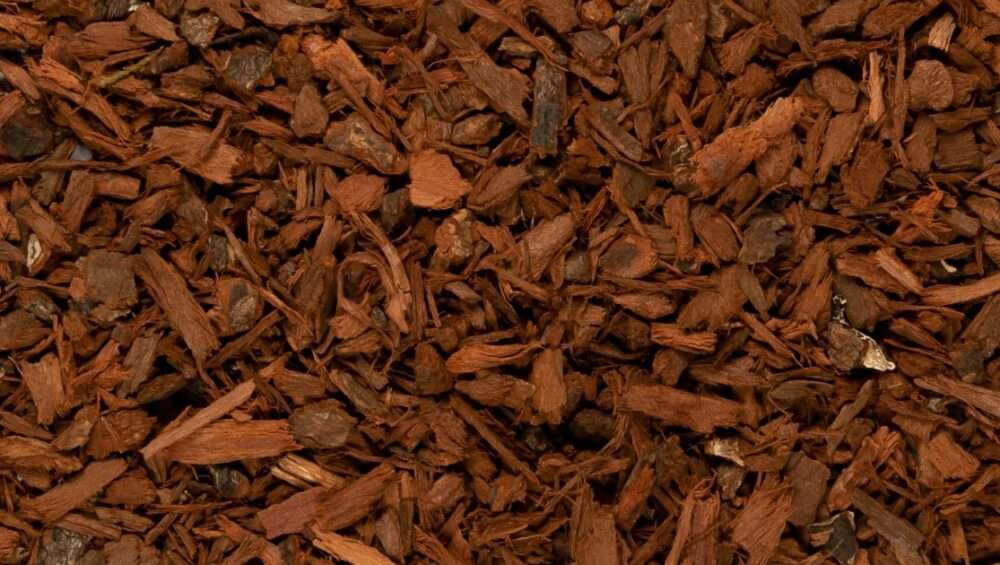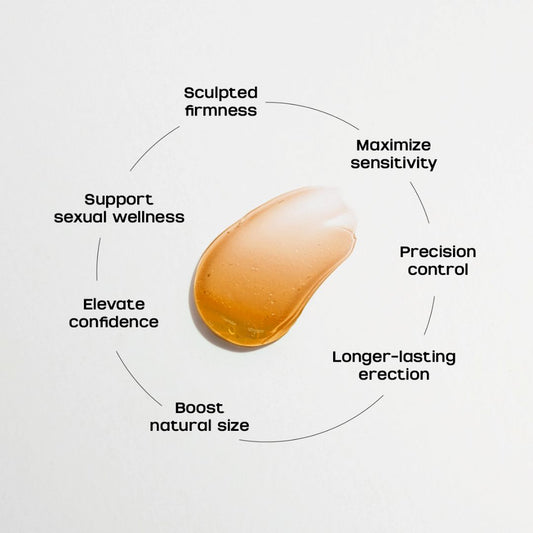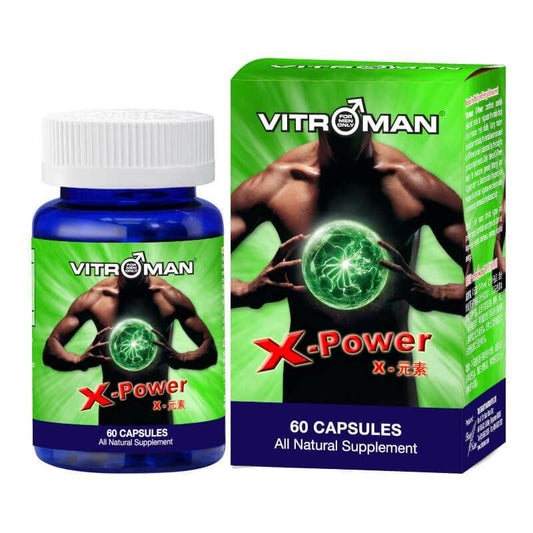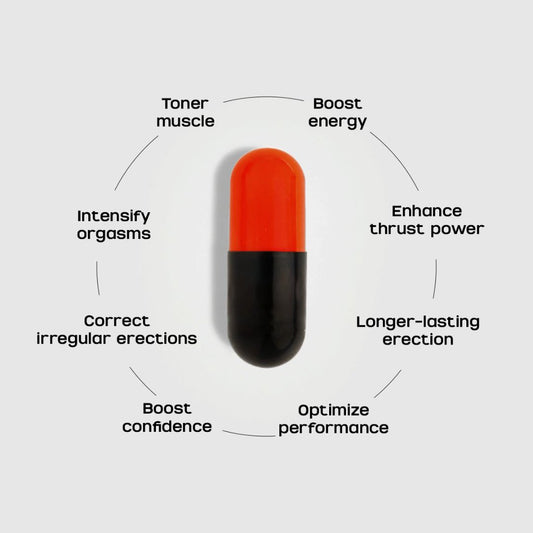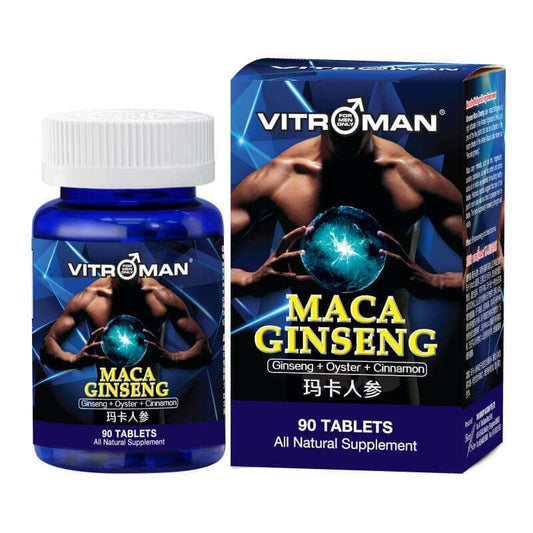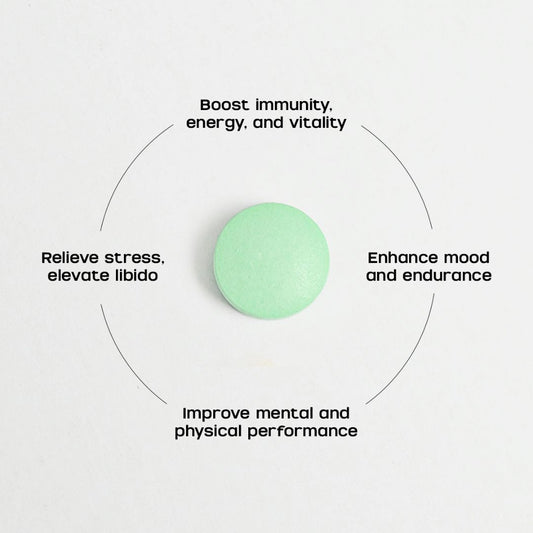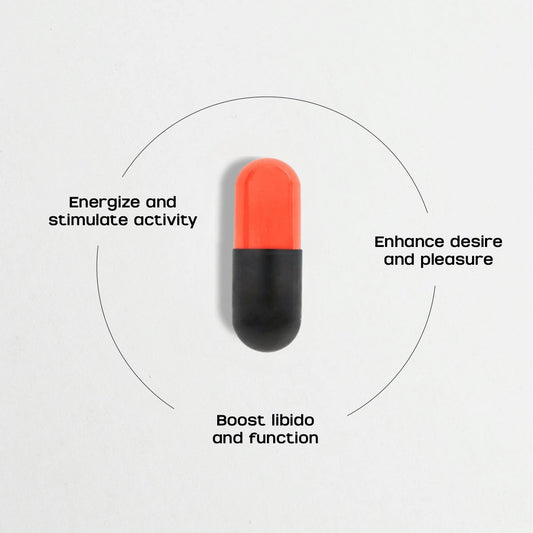Our blog offers in-depth resources on men's sexual health, with a special focus on the most searched concerns like
erectile dysfunction, premature ejaculation, penis enlargement, and the use of natural sex pills. We cover trending
ingredients such as tongkat ali and cistanche, often included in herbal supplements for libido and erection support.
Readers will find trusted information on how to treat erectile dysfunction naturally, how to last longer during sex,
and what sex pills for men really work without harmful side effects. We also explore safe methods for penis
enlargement, comparing pills, pumps, extenders, and topical oils.
Posts include reviews of the best natural male enhancement products, alternatives to ED medications like Viagra, and
tips to improve sexual stamina and confidence. You'll learn whether penis pumps are effective, how tongkat ali
works, and how to choose the right solution for your needs.
Whether you're exploring penis growth methods, looking for natural ways to treat ED, or researching cures for
premature ejaculation, our blog provides comprehensive, evidence-based content to help men take control of their
sexual wellness.
Understanding Prostate Cancer: A Comprehensive Guide
Prostate cancer is one of the most common cancers affecting men worldwide. Despite its prevalence, many men are unaware of the risk factors, symptoms, and treatment options associated with this disease. In this blog, we aim to provide a comprehensive overview of prostate cancer to raise awareness and promote early detection.
What is Prostate Cancer?
Prostate cancer occurs when cells in the prostate gland grow uncontrollably. The prostate is a small, walnut-sized gland located below the bladder and in front of the rectum, responsible for producing seminal fluid that nourishes and transports sperm. While some prostate cancers grow slowly and may need minimal or no treatment, others are aggressive and can spread quickly.
Risk Factors
Several factors can increase the risk of developing prostate cancer, including:
-
Age: The risk of prostate cancer increases significantly after the age of 50.
-
Family History: A family history of prostate or breast cancer may increase your risk.
-
Low Fiber Diet: A diet low in fiber and high in red meat and high-fat dairy products may contribute to the risk.
-
Obesity: Being overweight or obese can increase the risk of prostate cancer.
-
Lack of Exercise: A sedentary lifestyle with little to no physical activity can increase the risk.
-
Genetics: Certain inherited gene mutations, such as BRCA1 and BRCA2, can increase the risk.
Symptoms
In the early stages, prostate cancer may not cause any noticeable symptoms. However, as the cancer progresses, men may experience:
- Difficulty urinating, burning urinating or a weak urine flow
- Blood in the urine or semen
- Erectile dysfunction
- Pain in the hips, back, or chest
- Weakness or numbness in the legs or feet
- Frequent urination
- Pain on ejaculation
- Lower back pain
It's important to note that these symptoms can also be caused by other conditions, such as benign prostatic hyperplasia (BPH) or prostatitis. Therefore, it's crucial to consult a healthcare provider for a proper diagnosis.
Diagnosis
Prostate cancer is typically diagnosed through a combination of tests, including:
-
Prostate-Specific Antigen (PSA) Test: A blood test that measures the level of PSA, a substance produced by the prostate. Elevated levels can indicate the presence of prostate cancer.
-
Digital Rectal Exam (DRE): A physical exam where a doctor inserts a finger into the rectum to feel for abnormalities in the prostate.
-
Biopsy: If PSA levels are high or abnormalities are detected during a DRE, a biopsy may be performed to confirm the presence of cancer cells.
Treatment Options
Treatment for prostate cancer depends on various factors, including the stage and grade of the cancer, the patient's age and overall health, and personal preferences. Common treatment options include:
-
Active Surveillance: For low-risk, slow-growing cancers, monitoring the cancer closely without immediate treatment may be recommended.
-
Surgery: Removing the prostate gland (prostatectomy) is a common treatment for localized prostate cancer.
-
Radiation Therapy: High-energy rays or particles are used to destroy cancer cells.
-
Hormone Therapy: Reduces the level of male hormones (androgens) to slow the growth of the cancer.
-
Chemotherapy: Uses drugs to kill rapidly growing cancer cells.
-
Immunotherapy: Helps the body's immune system fight the cancer.
Prevention and Early Detection
While there's no guaranteed way to prevent prostate cancer, certain lifestyle changes can help reduce the risk:
-
Healthy Diet: A diet rich in fruits, vegetables, and whole grains while limiting red meat and high-fat dairy products.
-
Regular Exercise: Maintaining a healthy weight and staying physically active.
-
Routine Screening: Discuss with your doctor about the benefits and risks of regular prostate cancer screening, especially if you have risk factors.
Conclusion
Prostate cancer is a serious but treatable disease, especially when detected early. By understanding the risk factors, symptoms, and treatment options, men can take proactive steps towards maintaining their prostate health. Regular check-ups and a healthy lifestyle are key components in the fight against prostate cancer.


